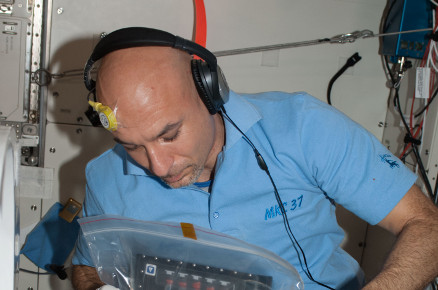The purpose of this experiment is to investigate whether long-term space flights are significantly affect the synchronization of the circadian rhythms in humans due to changes in body composition, reduced physical activity and/or changes of heat transfer, thermoregulation, and non-24-hour light-dark cycles.
Based on the results it will be possible to documentedand quantify these changes using 36-hours core temperature profiles in humans.
The results derived from the study might be useful in order to understand the time course and the basic principles of the adaptations pertaining to the human autonomic nervous system in space, to adjust more adequately physical exercise as well as rest- and work shifts, and to foster adequate workplace illumination in the sense of occupational healthcare for humans in space.
Principal Investigator
Prof. Dr. Hanns-Christian Gunga
Center for Space Medicine Berlin (ZWMB)
Institute of Physiology, Charité Universitätsmedizin, Germany.


